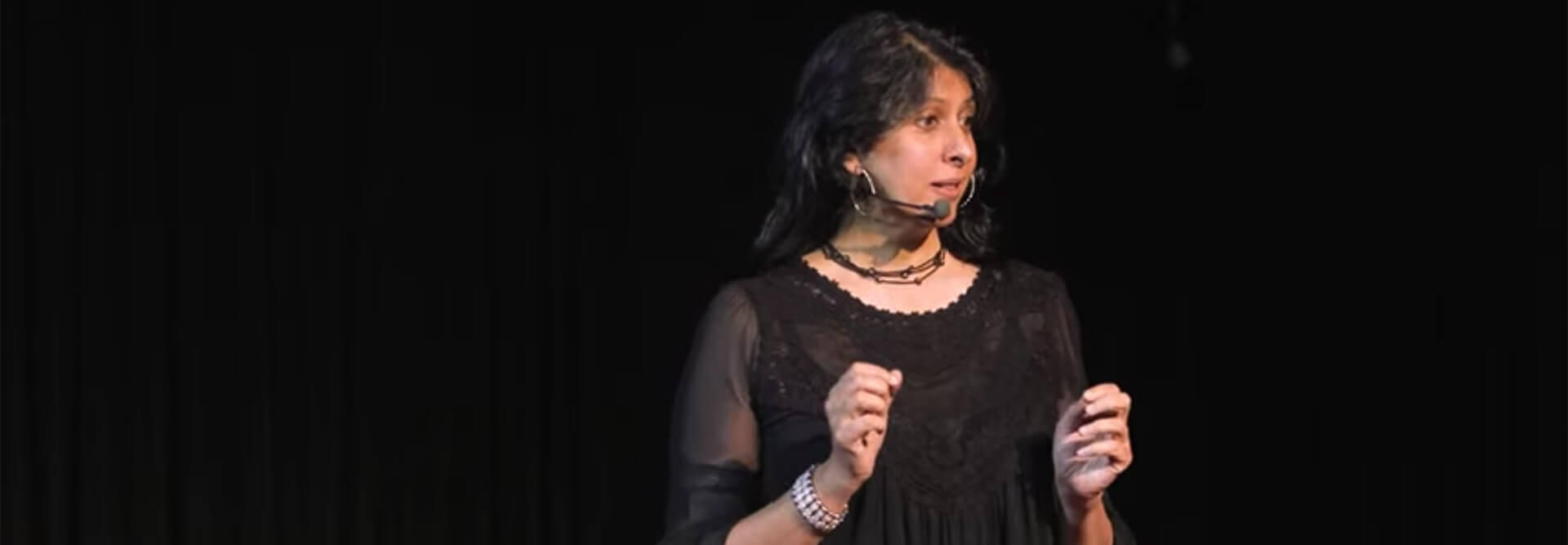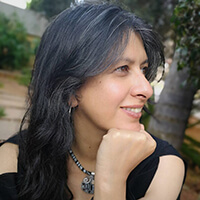I’m a school survivor. I Did well and Made my parents proud. But it came at a cost!
In a system built on compulsion, compliance and competition doing well required me to betray my inner child, my curiosities and my need for connection.
But, I survived, mostly.
Most of us do don’t we?
Why? Why did I have to survive this 12 year experience
When education should be about thriving and freedom. What happens to those who don’t survive it?
These are the questions I held when I set off to study education. I didn’t learn much but I bumped into one unforgettable line...
Learning is the relatively permanent change in knowledge, ability or skill through experience
Relatively permanent change.
Now, If learning is relatively permanent change – then what did I just spend 12 years at school doing?
Because I didn’t do any relatively permanent change
My process was to learn for the test, write the test, forget about it.
Sounds familiar?
Learn, test, forget was the default process of schools thirty years ago when I was there,
Not much has changed
That’s not learning. It’s short term memorising.
It disturbed me that there’s no escaping this institution
This place of learning
that millions of children are forced into,
but where very little learning happens?
And that it consumes so much of our lives
for 12-15 years!
I had to survive this experience and my learning was minimal? How does this institution have such a strong hold. What is its relationship with learning and education and society?
The answers to these questions could not be found inside the institutional box. I had to step out and create my own learning journey. I used books, blogs, and videos and I found multiple learning communities to connect with. . Families that had stepped out of the schooling system, people who were involved with self directed learning centres, community learning spaces and ecoverstiies.
Incidentally, this learning journey of mine is pretty much what learning generally looks like when we own our learning.
Intrinsic motivation
Access to resources
And
Freedom to be curious and ask questions,
Freedom to take detours, to go slow, to go fast...
And FREEDOM to choose our teachers or learning community
This is what freedom in learning looks like.
I found some answers too. The education I was envisioning was one rooted in children’s rights, freedom and geared towards social transformation.
For us, that looked like unschooling as
a practice of living and learning in freedom through partnership and community.
This process of reflecting on my learning that landed us at unschooling,
extracting values and principles from my learning, and the conscious action I took as a result...
That is education
This reflection towards conscious action, this is what transforms learning into education.
Education is a wholly internal process.
Nobody can give us an education,
Nobody can define what values or principles we extract from our learning.
An education is something we uniquely create for ourselves shaped by our environment and our access to learning resources.
We have a right to education. It is a right that
has been recognised as a human right by a number of international conventions.
But it’s different from other rights.
It is the only right that is compulsory to exercise!
Yip – you had that right – It’s a compulsory right.
Consent not required.
It is also a restricted right.
So our right to education has come to be compulsory to exercise and only through compulsory schooling.
Where’s the freedom in that?
That;s not a right – that’s education conscription!
12 years of compulsory service where our minds are conditioned towards a particular outcome
Or what Sir Ken Robison refers to as mining our minds
But Compulsory schooling in its current form is restricted and narrow in practice.
Compulsory schooling says
NO to all the rich ways in which learning happens.
NO to exploring our curiosities and thoughts.
Instead, it confines us to classrooms and limits the range of knowledge we can access.
In this form,
Compulsory schooling is a violation of our right to education.
With this one compulsion begins a whole slippery slope of a slew of other violations
Do you remember your own schooling experience?
The horrid school uniform – always wrong for the weather – too hot, too cold,
reinforcing the gender binary,
And the dreaded inspection? Hair, nails, jewellery,
Not being free to pee when we needed to? What was with that?
Wasn’t it dehumanising?
As soon as there’s coercion there’s oppression
And In this form,
Compulsory schooling is a tool of oppression.
What we’ve inadvertently created in our dehumanisation of young people is a yet another marginalized community.
How many of us are willing to go back to the child status.
To experience such dehumanisation again?
How many of us practice that dehumanisation on the young people in our lives?
(Even though I try not to)
Have you ever uttered those words
“Don’t treat me like a child” or “I’m not a child”
What are we really saying?
Don’t’ disrespect me like that.
Don’t tell me how I should be feeling
Or how I should be responding to how I am feeling
Don’t dehumanise me!
So why is it okay for children to be treated this way?
It gets worse.
Not only are children treated like a marginalised group, they come to learn that they are also a despised group.
That word child / or toddler is used as an insult.
That word Childish is generally a negative descriptor!
And children hear and read this about their identities.
Dr Stacey Patton, a Child Rights Advocate is one of a number of scholars that points to a disturbing link between child oppression and the kind of society we end up with.
which is why for me how we live with children and the education options available to them is a social justice concern.
She says,
You can’t reproduce any order of societal oppression based on race, gender, class or sexuality without first destroying each generation of young people as soon as they enter the world.
Sadly all of us experience oppression for the first 18 years of our lives.
This oppression has a name: Two in fact. Adultism or Childism
Adultism is the automatic presumption of adult superiority over young people causing adults to in ways that are oppressive to young people. This happens at a structural level – compulsory schooling for example, and at an personal level – dominator parenting.
And then, from a place of deep deep love and with the best of intentions
We put the next generation through this very experience. We force them into schools that
disrupts their learning,
violates their right to education and join schools in
dehumanising them.
Is this really the experience we want for every generation of young people?
Are we liking the society we end up with as a result?
I don’t.
To me it’s broken, violent and destructive and crying out for us to break the cycle?
We can break the cycle!
We can break the cycle
By replacing schooling as a tool of oppression with education as a practice of freedom?
We can break the cycle by
refraining from powering over young people and partnering with them instead
We can break the cycle by
minimising individual competition in favour of community collaboration
What could emerge as a result?
Multistreams instead of mainstream,
Wholeness instead of trauma,
Learning communities instead of learning hierarchies,
If I am whole and unbroken
and each of us are whole and unbroken
Then the community we make up is whole and unbroken.
And if the community is whole and unbroken then each of us can thrive. .
I am because we are!
In South Africa we call that Ubuntu.
Education as a practice of freedom underpinned by the philosophy of Ubuntu.
An Ubuntu Pedagogy!
I’m here to invite you to
reimagine learning,
To reimagine education and
To reimagine community
On the other side of this imagining, lies an amazing child honouring world.
Let’s meet there.
If you enjoyed this article and feel called to give back to ASDE, here are ways you can support our work:
- Donate money
- Share our content with others! Click one of the buttons above to easily share on Twitter, Facebook, or email.
- Consider becoming a Contributor for Tipping Points
Tipping Points Magazine amplifies the diverse voices within the Self-Directed Education movement. The views expressed in our content belong solely to the author(s). The Alliance for Self-Directed Education disclaims responsibility for any interpretation or application of the information provided. Engage in dialogue by reaching out to the author(s) directly.






